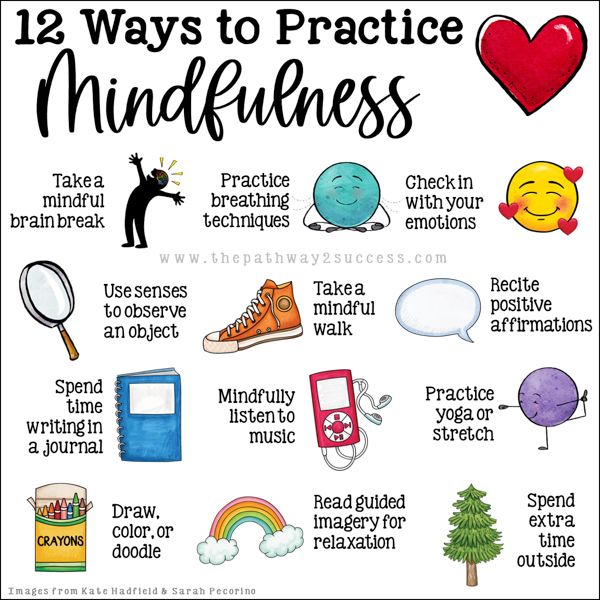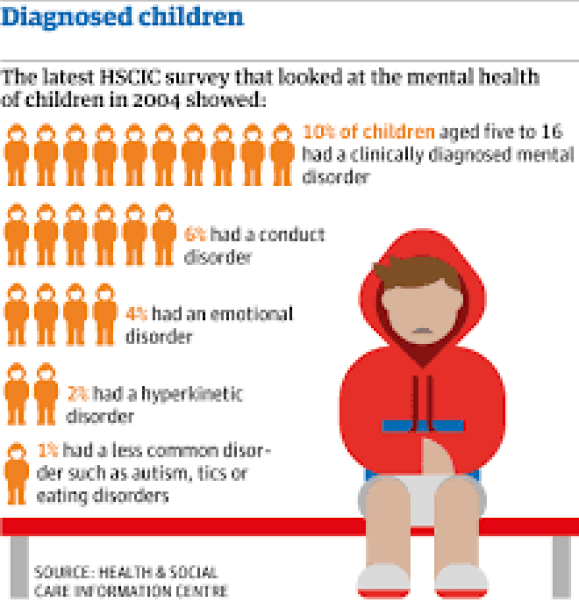Bringing a new life into the world is undoubtedly one of the most beautiful and transformative experiences a woman can go through. However, the postpartum period can be challenging both physically and emotionally. It’s important for new mothers to understand what to expect during this time and how to properly care for themselves to promote healing and well-being.
Physical Changes
During the postpartum period, your body will undergo a myriad of changes as it returns to its pre-pregnancy state. Some of the most common physical changes include:
Weight loss: You may experience significant weight loss in the weeks following childbirth due to the loss of amniotic fluid, placenta, and excess water
Uterine contractions: Your uterus will continue to contract after childbirth to shrink back to its pre-pregnancy size
Postpartum bleeding: Also known as lochia, this vaginal discharge can last for up to six weeks and consists of blood, mucus, and uterine tissue
Breast changes: Your breasts will likely become engorged and tender as they produce milk for your newborn
Emotional Health
While much of the focus during the postpartum period is on physical health, it’s important not to overlook the emotional well-being of new mothers. Postpartum depression is a common condition that affects many women after childbirth. Symptoms may include feelings of sadness, irritability, loss of appetite, and difficulty bonding with your baby. It’s essential to seek help if you are experiencing any of these symptoms to ensure you receive the support you need.
Self-Care Tips
Here are some self-care tips to help promote healing and well-being during the postpartum period:
Rest: Your body needs time to recover from childbirth, so be sure to get plenty of rest whenever possible
Stay hydrated: Drinking plenty of water is essential for healing and proper milk production if you are breastfeeding
Eat a healthy diet: Consuming nutrient-rich foods will help fuel your body and promote healing
Exercise: Engaging in gentle exercises like walking or yoga can help strengthen your body and improve your mood
Connect with others: Surround yourself with supportive friends and family who can offer encouragement and assistance
Conclusion
The postpartum period is a unique and challenging time for new mothers, but with the right knowledge and support, you can navigate this period with grace and confidence. Remember to listen to your body, prioritize self-care, and seek help if needed. By taking care of yourself, you will be better able to care for your new bundle of joy and enjoy the precious moments of motherhood.


